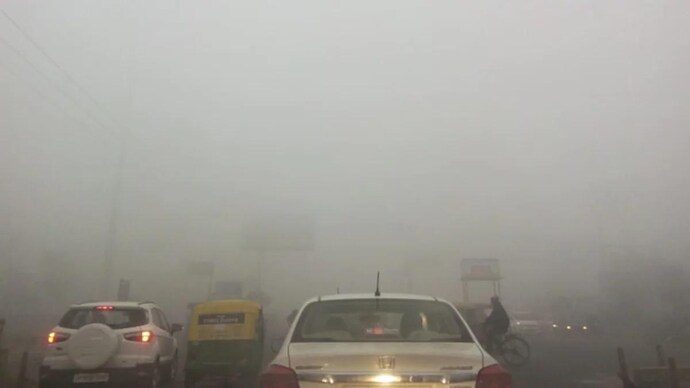India’s vast rural expanse is once again simmering with discontent, as the nationwide Bharat Bandh unfolds today.
 Led by the Samyukta Kisan Morcha (SKM), an umbrella body of 37 farmers’ unions, this strike throws a spotlight on the deep-seated grievances gripping the agricultural sector. At the crux of their demands lies the elusive quest for a legally guaranteed Minimum Support Price (MSP) for crops – a promise made by the central government in 2020 but yet to be fulfilled.
Led by the Samyukta Kisan Morcha (SKM), an umbrella body of 37 farmers’ unions, this strike throws a spotlight on the deep-seated grievances gripping the agricultural sector. At the crux of their demands lies the elusive quest for a legally guaranteed Minimum Support Price (MSP) for crops – a promise made by the central government in 2020 but yet to be fulfilled.
Despite marathon talks stretching past midnight yesterday, a sense of impasse persists. Farmer leaders remain unwavering on their demand for a legislated MSP, while the government hesitates to commit to such a framework. This deadlock casts a long shadow over the duration and intensity of the strike, raising concerns about disruptions in essential services, transportation, and everyday life across the country.
While the MSP issue ignites the flames of protest, the farmers’ grievances are deeply entrenched. They yearn for a holistic transformation of the agricultural landscape, echoing the unheeded recommendations of the Swaminathan Commission. Loan waivers, pension schemes for farmers and agricultural workers, and justice for the victims of the Lakhimpur Kheri violence form part of their broader agenda. These demands illuminate the multifaceted challenges plaguing Indian agriculture, urging policymakers to confront the sector’s systemic roadblocks.
The Bharat Bandh is expected to send shockwaves through the Indian economy. Transportation networks, markets, and daily life could be significantly disrupted, with the severity varying across regions. While some states might witness near-total shutdowns due to road blockades and demonstrations, others may experience minimal impact depending on participation levels and local arrangements. Quantifying the economic losses is challenging at this juncture, but potential damage to sectors like transportation, agriculture, and retail is undeniable.
Both the farmers and the government have expressed a willingness to engage in dialogue, offering a fragile hope for a peaceful resolution. However, the success of these talks hinges on finding common ground on the most contentious issues, particularly MSP. If compromises can be forged, the bandh might be called off sooner rather than later. Conversely, a prolonged deadlock could escalate tensions, worsen economic uncertainty, and potentially lead to more radical forms of protest.
As the situation unfolds, staying informed about the latest developments and official pronouncements is crucial. Monitoring credible news sources, following government advisories, and staying connected with local communities will help individuals and businesses make informed decisions and navigate the ongoing disruptions effectively.
The Bharat Bandh is not merely a one-day event; it is a stark reminder of the deep-seated challenges plaguing the Indian agricultural sector. While the immediate focus lies on resolving the current standoff, it is imperative to engage in a broader conversation about addressing the systemic issues that threaten the livelihoods of millions of farmers, hinder rural development, and jeopardize national food security. Finding sustainable solutions that ensure fair remuneration for farmers, foster agricultural innovation, and create a more equitable rural landscape demands collective action and long-term commitment from all stakeholders. The ongoing protests might just be the starting point for a much-needed transformation in India’s rural landscape, but the true test lies in translating this momentum into concrete policy changes and sustained improvements in the lives of those who toil on the land.




